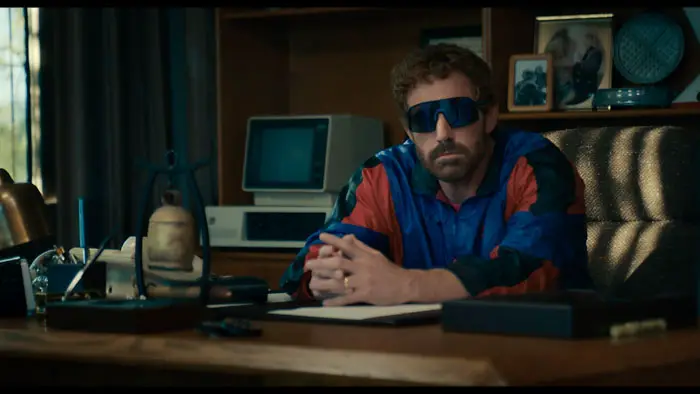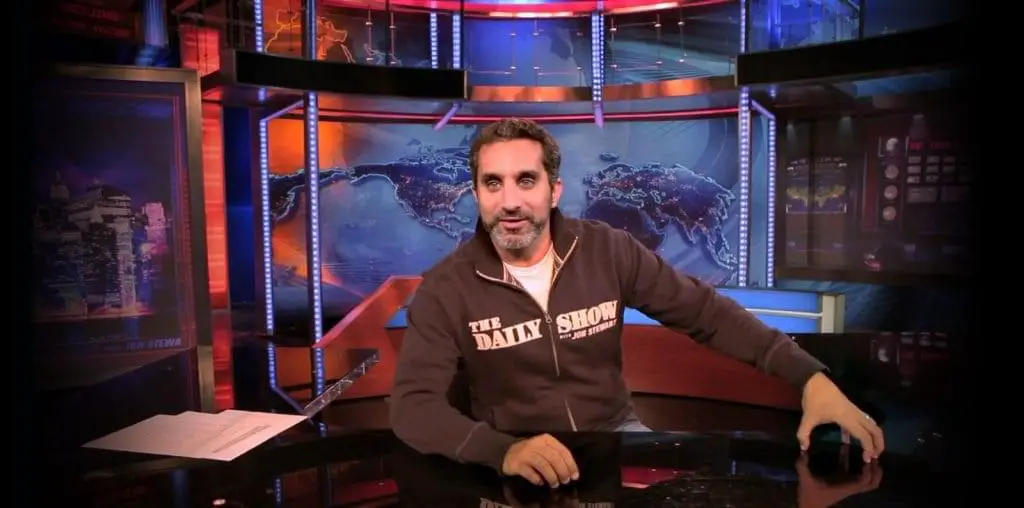
This review was originally published on January 23, 2014…
There was a longstanding thought in comedy that women were not allowed to be as dirty on stage as men were. Not just talking about the expressive freedom of the “F” bomb, but the sort of raunchy humor that mothers and charm schools would refer to as distinctly “un-ladylike.” Clearly this has changed over time with voices like Sarah Silverman paving the way for contemporaries like Amy Schumer. Amongst them is Jenny Slate, who never made it past the featured performer stage of Saturday Night Live, and was not brought back the year following an on-air slip of that very “F” word.
Since then Slate has built an increasingly impressive number of guest appearances on Parks & Recreation and Hello Ladies while being unafraid to just let the scatological parts of her everyday loose on Twitter. To immediately preface her feature starring debut as “the abortion comedy” is as unfair as the very stereotypes that prevented women from being where they are in the first place. Instead this film deserves to be seen as a major breakthrough for Miss Slate who commands the kind of humor and honesty that stars possess.
Donna Stern (Slate) is a stand-up regular at a very small New York club. After using her relationship as part of her act, her boyfriend uses it as the fuse to confront their other problems and dumps her. Dad (Richard Kind) and Mom (Polly Draper) are supportive from their separate apartments while her friend, Nellie (Gaby Hoffmann), helps her through her binge sleeping and sweatpants phase. After having an emotional breakdown on stage, she continues drinking and meets Vermont’s own Max (The Office‘s Jake Lacy). A few more drinks later, Donna has seemingly found her perfect rebound partner. That is until a few weeks later when she notices her boobs hurt.
Donna would have no problem allowing someone to describe that as her onset pregnancy symptoms nor as someone whose life deserves a full plot synopsis. Gillian Robespierre’s screenplay expands her short film to 83 minutes and is divided more into two halves than three full acts. Unlike a great too many mumblecore films which appear to bump into obstacles and character arcs at random, for Donna it does feel like a fully structured phase of the beginning of her own second act.
Jenny Slate is the lynchpin of this material and it has the confidence of a true star-making performance. Goofy without being forced or showy, the sense is never that we are just watching another mid-twenties quest for maturity and purpose. Stand-ups rarely give up their best material to the movies, so don’t judge her purely on those performances. Instead soak in her quick asides which help defend against her wrestling insecurities. Too often the punchline is the moment, but Slate frequently makes it the aftermath, as if being immediately self-aware her guard is up. That emboldens her character with a truth that is often lost on sassy female protagonists.
Lena Dunham and the cast of Girls may be the poster children of this particular age group, but these are not anxieties exclusive to any one generation. Robespierre is smart to never make Donna’s journey too cutesy or overly solemn. Nor are she and Slate going for shock value when making casual jokes directed at the decisions over her body. That may be more offensive to some than any spoken or visual gags directed at more basic vaginal extracts, but even bad taste counts as a feeling. Jenny Slate epitomizes that as Donna and though she is certain to shine for years as part of an ensemble, Obvious Child is the moment where it will be remembered that she can stand on her own just as well.

